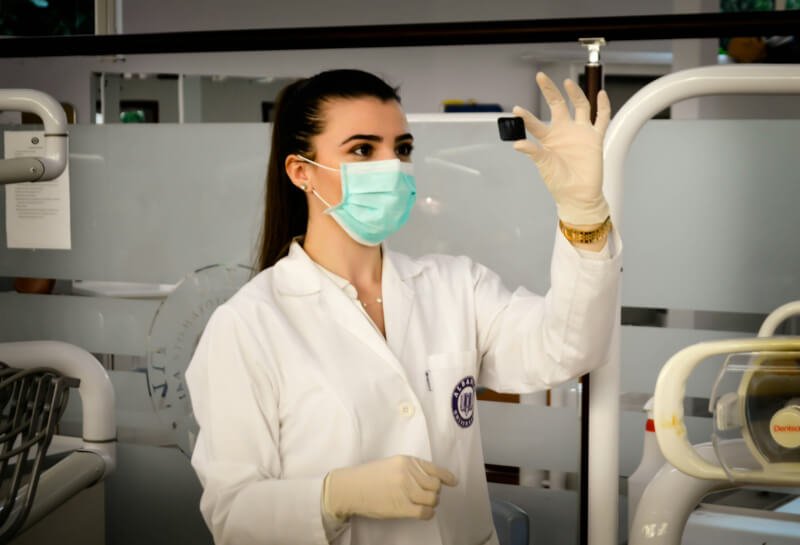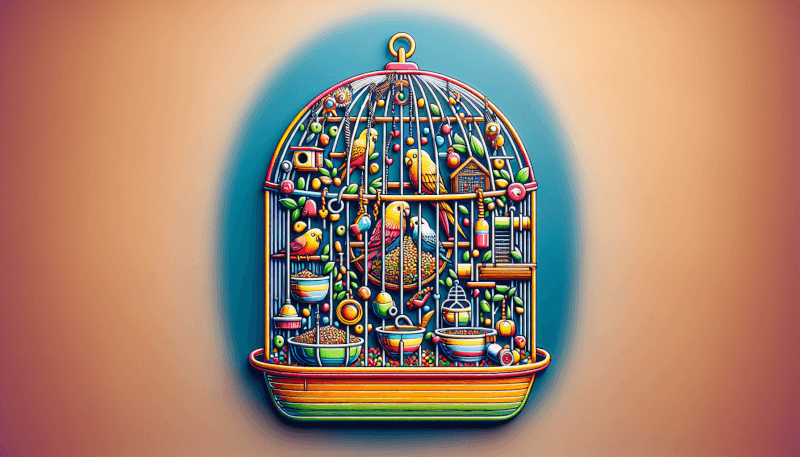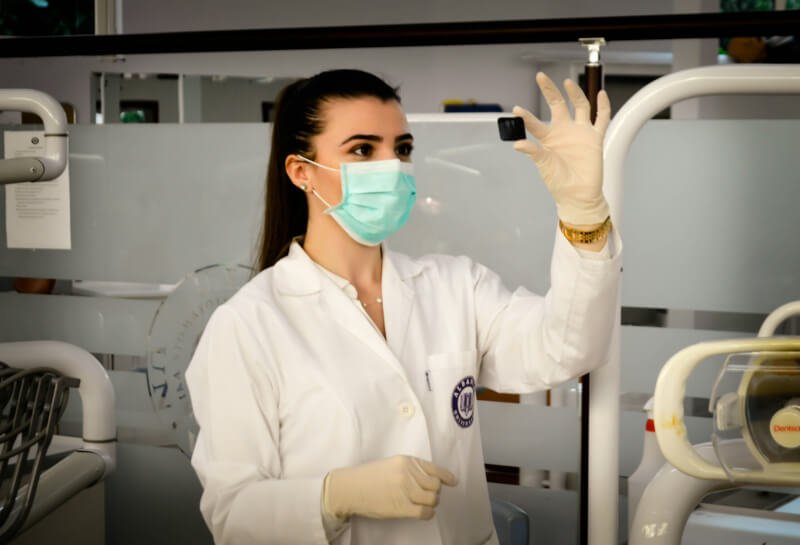Pet birds bring joy and companionship to our lives, but it’s important to be aware of the common health issues they may face. From respiratory problems to feather plucking, these concerns can impact the well-being of our feathered friends. In this article, you will discover the most common health issues that pet birds experience and learn effective ways to prevent them. By understanding and implementing preventive measures, you can ensure that your beloved bird stays happy and healthy for years to come.

Feather-related Health Issues
Feathers are an essential part of a bird’s physical appearance and overall well-being. However, they can also be the source of various health problems. Two common feather-related issues include molting-related problems and feather plucking.
Molting-related Problems
Molting is a natural process in which a bird sheds its old feathers and replaces them with new ones. However, sometimes molting can go awry, leading to health issues. Molting-related problems may include feather dystrophy, which is the abnormal growth of feathers, and delayed molt, where a bird takes longer than usual to complete the molting process.
To prevent molting-related problems, ensure that your bird has a nutritious diet that includes a balanced amount of protein, vitamins, and minerals. Regular grooming, such as bathing and proper feather care, can also aid in maintaining healthy feathers.
Feather Plucking
Feather plucking, also known as feather destructive behavior, is a concern for many bird owners. This behavior involves a bird excessively preening and pulling out its feathers, which can lead to bare patches and skin damage. Feather plucking can be caused by various factors, such as boredom, stress, illness, or hormonal imbalances.
To address feather plucking, it is crucial to identify the underlying cause. If the behavior is due to boredom, provide your bird with plenty of toys, intellectual stimulation, and social interaction. A visit to an avian veterinarian is recommended to rule out any underlying health issues and explore behavioral modifications or medical interventions if necessary.
Respiratory Problems
Respiratory problems in birds can be quite alarming and should be addressed promptly. Some common respiratory issues include upper respiratory infections, nasal discharge, sneezing, and coughing.
Upper Respiratory Infections
Similar to humans, birds can also contract upper respiratory infections. These infections are typically caused by bacteria, viruses, or fungi and can lead to symptoms such as coughing, sneezing, nasal discharge, and difficulty breathing.
Preventive measures against upper respiratory infections include maintaining optimal hygiene in your bird’s living environment, providing proper ventilation, and minimizing exposure to potential pathogens. Additionally, regular veterinary check-ups can help ensure early detection and treatment of any respiratory infections.
Nasal Discharge
Nasal discharge, often accompanied by sneezing, can be a sign of respiratory distress in birds. It is essential to monitor your bird for any unusual discharge from the nostrils, which may indicate an infection or other respiratory issues. Consult with your avian veterinarian to determine the cause and appropriate treatment for nasal discharge.
Sneezing
Occasional sneezing is a normal part of a bird’s respiratory system. However, frequent or persistent sneezing can indicate an underlying problem. Respiratory infections, allergies, environmental irritants, or even dry air can contribute to excessive sneezing.
Ensure a clean and dust-free environment for your bird. Regularly clean their cages, toys, and perches to minimize potential respiratory irritants. Humidifying the air can also help alleviate dryness and reduce sneezing. If sneezing persists or is accompanied by other respiratory symptoms, consult your avian veterinarian for further evaluation.
Coughing
Coughing in birds is less common than sneezing, but it should not be ignored. It can be a sign of respiratory infections, airway blockage, or other respiratory issues. If your bird displays frequent or persistent coughing, seek veterinary attention promptly. Your avian veterinarian will conduct a thorough examination to determine the cause and prescribe appropriate treatment.
Gastrointestinal Issues
The gastrointestinal system plays a vital role in a bird’s overall health. However, like any other living creature, birds can experience gastrointestinal issues. Some common problems include diarrhea, vomiting, regurgitation, and crop stasis.
Diarrhea
Diarrhea in birds is characterized by loose, watery droppings. It can be caused by various factors, such as dietary changes, infections, parasites, or stress. If your bird exhibits persistent diarrhea, it is essential to consult an avian veterinarian, as prolonged diarrhea can lead to dehydration and other complications.
Vomiting
Birds rarely vomit, so if you observe your feathered friend regurgitating food frequently, it may indicate an underlying problem. Vomiting in birds can be caused by gastrointestinal infections, toxic ingestion, or an obstruction in the digestive tract. Prompt veterinary attention is crucial to determine the cause and provide appropriate treatment.
Regurgitation
Regurgitation is a normal behavior in birds, especially during courtship or bonding rituals. However, frequent or persistent regurgitation outside of these situations may indicate a health issue. Endocrine imbalances, gastrointestinal disorders, or infections can contribute to abnormal regurgitation. If you notice excessive regurgitation in your bird, it is recommended to consult with an avian veterinarian for a thorough evaluation.
Crop Stasis
The crop is a specialized part of a bird’s digestive system where food is stored before being further processed. Crop stasis refers to the delayed or incomplete emptying of the crop, which can result in regurgitation, weight loss, or dehydration. Various factors can cause crop stasis, including bacterial or fungal infections, dietary issues, or an underlying medical condition. Consult an avian veterinarian if you suspect crop stasis in your bird for proper diagnosis and treatment.
Nutritional Deficiencies
Proper nutrition is crucial for maintaining a bird’s overall health and well-being. However, nutritional deficiencies can occur, leading to various health problems. Two common nutritional deficiencies in birds include vitamin A deficiency and calcium deficiency.
Vitamin A Deficiency
Vitamin A is essential for many physiological functions in birds. A deficiency in this vitamin can weaken the immune system, impair vision, and lead to respiratory and gastrointestinal issues. Poor diet, lack of access to fresh vegetables and fruits, or inadequate absorption can contribute to vitamin A deficiency.
Provide your bird with a balanced and varied diet that includes plenty of fresh vegetables and fruits rich in vitamin A. Consult an avian veterinarian to ensure your feathered friend’s dietary needs are adequately met.
Calcium Deficiency
Calcium is crucial for maintaining strong bones, proper muscle function, and eggshell formation in breeding birds. Calcium deficiency can lead to weak bones, muscle tremors, eggshell abnormalities, and even egg binding in female birds.
To prevent calcium deficiency, offer calcium-rich foods such as cuttlefish bones, mineral blocks, or leafy green vegetables. Consult with an avian veterinarian to determine the appropriate calcium supplementation for your bird’s specific needs.

Parasitic Infestations
Parasites can infest birds both externally and internally, leading to discomfort and potential health complications. Understanding and preventing parasitic infestations is essential for maintaining your bird’s well-being.
External Parasites
External parasites, such as mites and lice, can cause itching, feather damage, skin irritation, and even anemia in severe cases. Regularly inspect your bird’s feathers and skin for any signs of infestation. Maintain clean living conditions, provide regular bathing opportunities, and consider avian-safe insecticide treatments to prevent or eliminate external parasites.
Internal Parasites
Internal parasites, including worms or protozoa, can affect various organs and systems within a bird’s body. These parasites can cause gastrointestinal distress, weight loss, weakness, anemia, or even organ damage. Regular fecal exams by an avian veterinarian can help detect and treat internal parasitic infestations in a timely manner.
Reproductive Problems
Reproductive problems can occur in both male and female birds, affecting their overall health and reproductive abilities. Two common reproductive issues include egg binding and reproductive tumors.
Egg Binding
Egg binding is a condition in which a female bird is unable to expel an egg. It is a medical emergency that can lead to egg rupture, infection, or even death if not promptly addressed. Factors such as poor nutrition, stress, hormonal imbalances, or unusually large eggs can contribute to egg binding.
If you suspect your bird is egg-bound, seek immediate veterinary attention. An avian veterinarian can assess the situation and provide necessary medical interventions, such as egg manipulation or hormonal treatments, to safely address the condition.
Reproductive Tumors
Tumors in the reproductive organs, such as the ovary or testicles, can occur in birds. These tumors can cause hormonal imbalances, organ dysfunction, or even metastasize to other parts of the body. Regular veterinary examinations and early detection are crucial in monitoring for any abnormal growths or masses in the reproductive system.

Liver Disease
The liver plays a vital role in a bird’s metabolism, detoxification, and overall health. Liver diseases can stem from various causes and can significantly impact a bird’s well-being. Two common types of liver disease in birds include fatty liver disease and hepatic lipidosis.
Fatty Liver Disease
Fatty liver disease occurs when excessive fat accumulates in the liver, impairing its normal function. Factors such as obesity, poor diet, or hormonal imbalances can contribute to the development of fatty liver disease. This condition can lead to liver failure and other systemic complications if left untreated.
To prevent fatty liver disease, provide a balanced and nutritious diet for your bird. Ensure appropriate portion sizes and limit fatty or high-calorie foods. Regular exercise and maintaining a healthy weight are also essential in preventing this condition.
Hepatic Lipidosis
Hepatic lipidosis, also known as fatty liver syndrome, is a severe form of liver disease characterized by excessive fat deposition in the liver cells. Hepatic lipidosis can be caused by multiple factors, including obesity, rapid weight loss, malnutrition, or underlying medical conditions. This condition can potentially lead to liver failure if not promptly addressed.
If you notice signs of hepatic lipidosis in your bird, such as sudden weight loss, lethargy, or yellowing of the skin or eyes (jaundice), consult an avian veterinarian immediately. Treatment often involves nutritional support, addressing the underlying cause, and closely monitoring liver function.
Musculoskeletal Disorders
Maintaining a healthy musculoskeletal system is crucial for a bird’s mobility, balance, and overall physical well-being. Two common musculoskeletal disorders in birds include avian metabolic bone disease and fractures.
Avian Metabolic Bone Disease
Avian metabolic bone disease (MBD) is a condition characterized by the weakening or softening of the bones in birds. MBD typically occurs due to calcium and vitamin D3 deficiencies, inadequate exposure to sunlight, or improper diet. Symptoms of MBD may include limb deformities, difficulty perching, or fractures.
To prevent avian metabolic bone disease, it is essential to offer a balanced diet that includes appropriate levels of calcium and vitamin D3. Providing access to natural sunlight or appropriate full-spectrum lighting can aid in calcium absorption and bone health. Regular veterinary check-ups can help monitor for any signs or risk factors of MBD.
Fractures
Fractures can occur in birds due to accidents, falls, or improper handling. Birds’ bones are fragile, and even minor trauma can lead to fractures. It is crucial to handle your bird with care and ensure a safe environment to prevent accidents that may result in fractures.
If you suspect your bird has a fracture, immobilize and seek immediate veterinary attention. Your avian veterinarian will assess the severity of the fracture and recommend appropriate treatment options, such as splinting, bandaging, or surgery, to promote proper healing.

Bacterial Infections
Bacterial infections can affect various systems in a bird’s body, leading to serious health issues. Two common bacterial infections in birds are bacterial enteritis and bumblefoot.
Bacterial Enteritis
Bacterial enteritis is an infection that affects the gastrointestinal system of birds. It is usually caused by bacteria such as Salmonella or Escherichia coli. Symptoms may include diarrhea, dehydration, weight loss, or lethargy.
Prevention of bacterial enteritis involves maintaining optimal hygiene in your bird’s living environment, providing a clean and fresh water source, and offering a balanced diet. Regular veterinary check-ups can assist in early detection and treatment of any bacterial infections.
Bumblefoot
Bumblefoot is a bacterial infection that primarily affects the feet of birds. It is often caused by Staphylococcus or Streptococcus bacteria. Bumblefoot can lead to swollen, inflamed, or ulcerated foot pads and lameness.
To prevent bumblefoot, ensure that your bird’s perches and cage flooring are appropriate and not causing unnecessary pressure or irritation on their feet. Regularly inspect your bird’s feet for any signs of redness, swelling, or lesions. Consult with an avian veterinarian if you suspect bumblefoot for proper treatment and wound care.
Psychological Issues
Birds are intelligent and social creatures that require mental stimulation and social interaction to thrive. Psychological issues can arise from boredom, lack of enrichment, or separation anxiety.
Boredom and Feather Destructive Behavior
Birds that are bored or lack stimulation may engage in destructive behaviors, such as excessive feather plucking or chewing. Feather destructive behavior can lead to bare patches, skin damage, or infections.
To prevent boredom and feather destructive behavior, provide your bird with a stimulating and enriching environment. Offer a variety of toys, puzzles, and foraging opportunities to keep their minds active. Regular social interaction and out-of-cage time are also important for keeping your bird mentally and emotionally healthy.
Separation Anxiety
Birds are flock animals and can experience separation anxiety when they are left alone for extended periods. Separation anxiety may manifest as excessive vocalization, self-destructive behavior, or changes in appetite.
To alleviate separation anxiety, gradually introduce your bird to independent play and gradually increase the duration of alone time. Provide plenty of toys and activities to keep them engaged while you are away. If separation anxiety persists or becomes severe, consult with an avian behaviorist for specialized advice on managing this condition.
In conclusion, there are various health issues that pet birds can face, ranging from feather-related problems to psychological issues. By understanding these common health concerns and taking preventive measures, you can promote the well-being and longevity of your beloved avian companion. Regular veterinary check-ups, a balanced diet, proper hygiene, enrichment, and a loving environment can all contribute to keeping your feathered friend happy and healthy.


